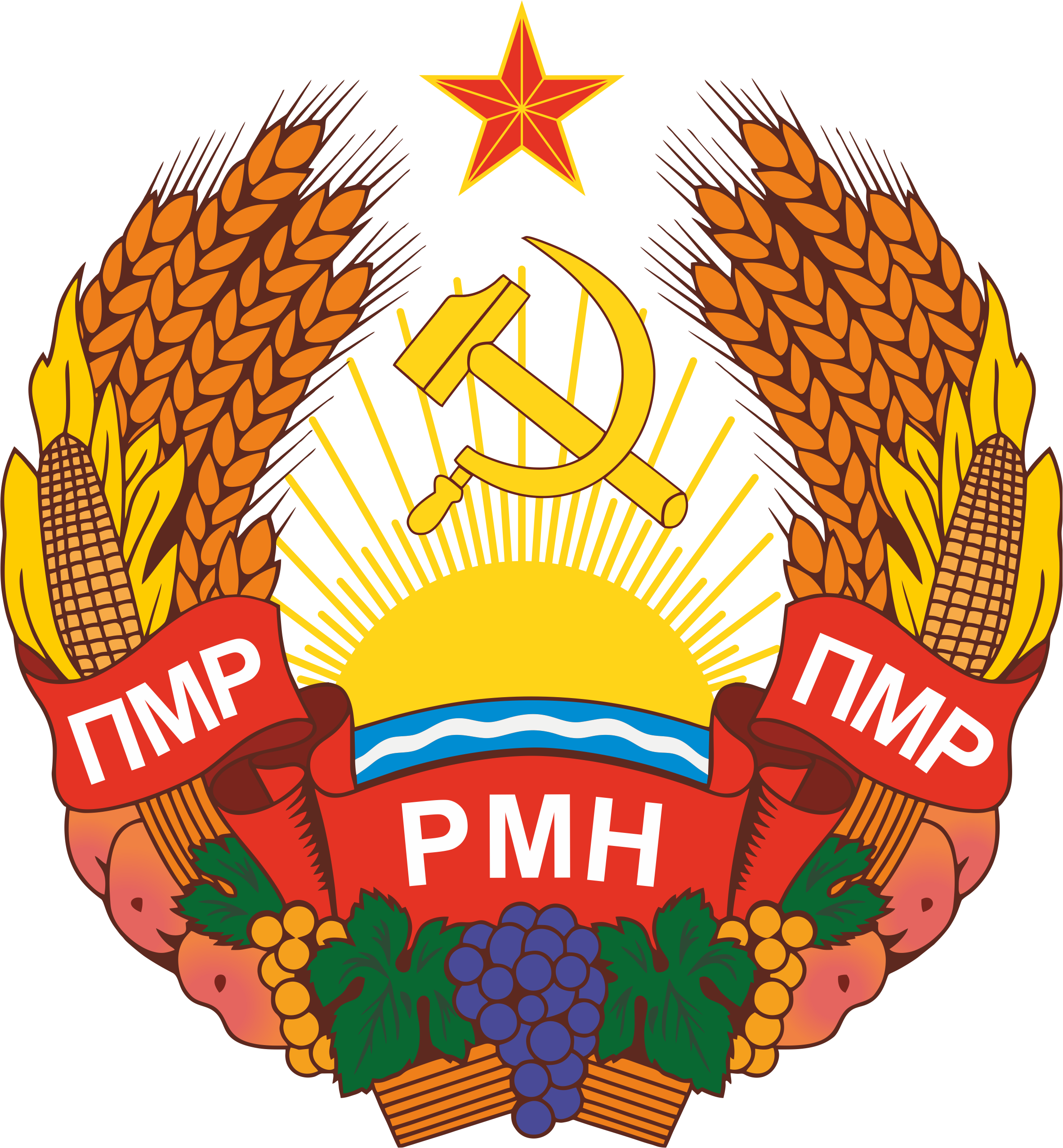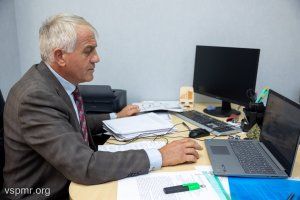Комитет по социальной политике, здравоохранению, труду, вопросам семьи и детства
The Government of the Pridnestrovian Moldavian Republic submitted proposals to the Supreme Council to update labor legislation. Deputies of the Committee on Social Policy, Healthcare, Labor, Family and Childhood Issues in the course of the meeting discussed the legislations developed by the executive body of state power in the first reading.
The Interdepartmental Group, which included representatives of ministries and departments, as well as representatives of the Union of Industrialists, Agrarians and Entrepreneurs of Pridnestrovie and the Federation of Trade Unions of Pridnestrovie, worked on changes to the labor legislation.
The authors of the initiative noted that today the main laws in the sphere of regulating labor relations are the Labor Code of the PMR and the law "On labor protection and safety". However, a large number of duplicated standards were identified during the work. The Government proposed to transfer a number of key provisions that are only in the Law "On Occupational Health and Safety" to the Labor Code and to cancel the Law "On Occupational Health and Safety". Some of the transferred standards at the same time will be adapted to the modern realities of labor relations.
It is proposed to make amendments and additions to the Law "On Personal Income Tax" and the Law "On the Unified Social Tax and Mandatory Insurance Contribution". The standards developed by the Government are aimed at improving the mechanism for taxing payments in favor of employees of enterprises. Thus, payments for compensation for damage and a one-time benefit that an employer pays to an employee in the event of loss of ability to work due to an accident at work or an occupational disease will not be subject to income tax and the unified social tax.
Another proposal of the Government concerns the mechanism for paying for medical examinations required upon hiring. Pridnestrovian enterprises employers previously paid for the medical examination of their future employees (Article 209 of the Labor Code of the PMR). All citizens will have to pay for the medical examination, and after employment, the employer will be required to compensate the employee for all costs associated with the initial medical examination at present. This compensation will not be subject to income tax and single social tax.
According to the authors, the proposed changes will not only avoid the emergence of legal conflicts in the field of labor protection, but also create social and labor relations between employees, employers and the state that are relevant today.
The Supreme Council will consider the legislations prepared by the Government in the first reading at the next plenary session. The relevant parliamentary Committee on Social Policy and Healthcare will recommend that deputies adopt the legislations in the first reading and continue working on them in the second reading.




 Законы ПМР
Законы ПМР Постановления
Постановления Законопроекты
Законопроекты Анонс мероприятий
Анонс мероприятий 0 (533) 6-24-24
0 (533) 6-24-24